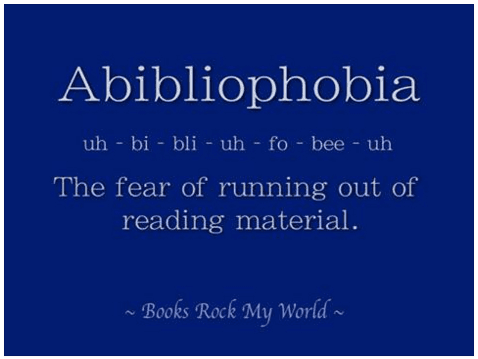BoSacks Speaks Out: Kansas Prison Ban on Print Newspapers Is a Wake-Up Call for Publishers
By Bob Sacks
Tue, Sep 9, 2025

Newspapers have always been a lifeline, not just for subscribers but for democracy itself. If we let that line be severed behind bars, we risk normalizing the idea that news is optional, disposable, or subject to convenience. A headline crossed my desk that should send chills through every newsroom in America: Kansas Prisons Ban Newspaper Subscriptions, Leaving Publishers Stunned and Inmates Cut Off From Vital News. This isn't just bad policy, it's a direct assault on the principle that information access is fundamental to human dignity and successful reentry into society.
What Actually Happened
Kansas didn't just tighten restrictions or add screening protocols. The state enacted a complete ban on all print newspaper subscriptions across its entire prison system. Picture this: No copies of The Topeka Capital-Journal reaching readers in El Dorado Correctional Facility. No Kansas City Star making it to inmates at Lansing Correctional. Even specialty publications like The Wall Street Journal or USA Today, publications that families often gifted as a lifeline to the outside world, are now prohibited.
Consider Maria Gonzalez (hypothetical example), whose son has been incarcerated for three years. Every month, she sent him a subscription to the local Spanish-language newspaper to help him stay connected to his community. That connection, severed. Or think about Robert Williams, serving time while working on his GED, who relied on newspaper editorials and op-eds to understand current events for his writing assignments. That educational resource, gone.
And before anyone suggests digital alternatives solve this problem, let's face reality: Most Kansas inmates have limited or no meaningful internet access. Those who do might get 15 minutes of heavily restricted browsing time per week, hardly enough to stay informed about local elections, community issues, or even weather emergencies that might affect their families.
Why Publishers Should Be Alarmed
Immediate Financial Impact
This represents an immediate hit to circulation numbers that are already under pressure. Consider the math: Kansas houses roughly 9,000 inmates across 20 facilities. If even 20% had newspaper subscriptions (a conservative estimate), that's 1,800 lost subscriptions overnight. For a mid-sized regional daily charging $15/month for institutional delivery, that's $27,000 in monthly revenue, over $300,000 annually, vanishing without warning.,
The Lawrence Journal-World, for example, likely lost dozens of subscribers at the Lansing and Topeka facilities alone. These aren't just numbers on a spreadsheet; they represent families maintaining connections and individuals staying civically engaged during one of the most isolating experiences possible.
Kansas isn't operating in a vacuum. Prison administrators in Nebraska, Oklahoma, and Missouri are watching this policy rollout carefully. If Kansas faces no significant pushback, expect copycat bans within 18 months. Texas, with over 140,000 inmates, could eliminate tens of thousands of subscriptions with a single policy change.
Compare this to states taking the opposite approach: Pennsylvania recently expanded print access after studies showed inmates who read newspapers had 23% lower disciplinary infractions. Connecticut allows print subscriptions but requires family members to order directly from approved vendors, a compromise that maintains access while addressing security concerns.
At its core, this ban is not about contraband or staff efficiency, it is about whether society accepts cutting off entire groups of people from independent journalism. Kansas has chosen isolation over information. For publishers, this is a wake-up call: if the right to read can be stripped so casually in one state, it can be stripped elsewhere.
Newspapers have always been a lifeline, not just for subscribers but for democracy itself. If we let that line be severed behind bars, we risk normalizing the idea that news is optional, disposable, or subject to convenience. Publishers must push back now, because defending access to information in prisons is not charity work. It is defending the very principle that journalism belongs to everyone, even those society has chosen to lock away.
